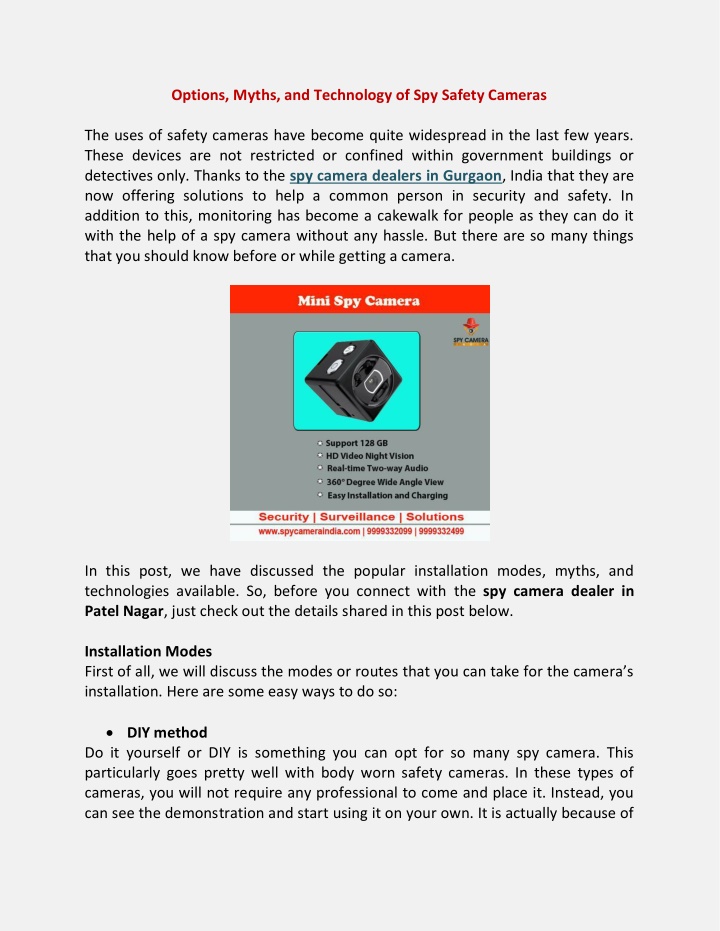Let’s be honest, the world of anti-spy technology can feel like a murky swamp. Full of jargon, confusing claims, and a general sense of unease about unseen threats. It’s easy to fall prey to misconceptions, leading you to believe you’re protected when you’re not, or vice versa – spending a fortune on solutions that offer little real value. This article aims to wade through that swamp, clearing up some common misconceptions about anti-spy technology and helping you navigate this increasingly crucial aspect of digital security.
Myth 1: Anti-Virus Software is Enough to Stop Spyware
Many people mistakenly believe that their antivirus software is a silver bullet against all forms of digital intrusion. While a good antivirus program is a crucial first line of defense against malware, it’s far from foolproof when it comes to spyware. Spyware often operates stealthily, using techniques that evade traditional antivirus detection methods. Antivirus software primarily focuses on identifying and removing malicious programs that explicitly try to harm your system. Spyware, on the other hand, often aims to gather information secretly, often without causing overt damage. Think of it this way: antivirus is like a burglar alarm – it sounds when a break-in happens. Spyware is like a silent thief who picks your lock and steals your valuables while you’re asleep.
Myth 2: A VPN is All You Need for Complete Privacy

Virtual Private Networks (VPNs) are fantastic tools for enhancing online privacy and security. They encrypt your internet traffic, masking your IP address and making it harder for others to track your online activity. However, a VPN is not a catch-all solution against spyware. A VPN primarily protects your internet traffic, while spyware can work even when you’re offline, accessing data stored locally on your device. It’s crucial to remember that while a VPN hides your online activities from your internet service provider and others on the network, it does not protect against spyware that’s already installed on your machine.
Myth 3: Spyware Only Affects Computers

The misconception that spyware only targets computers is outdated. Smartphones, tablets, and even smart TVs are increasingly vulnerable. In fact, the rise of the Internet of Things (IoT) has expanded the potential attack surface for spyware significantly. Many smart devices lack robust security features, making them easy targets. Think about it – your smart home devices are constantly collecting data, and if compromised, this information could be used to spy on you. Therefore, a comprehensive anti-spyware strategy should encompass all your connected devices.
Myth 4: Expensive Software Always Means Better Protection

The market is flooded with anti-spyware software, ranging from free to extremely expensive options. While price can sometimes indicate better features, it’s not always a reliable indicator of effectiveness. Many expensive programs offer bloated feature sets, with only a small portion truly contributing to anti-spyware capabilities. Look for independent reviews and comparisons, focusing on features relevant to your needs and the level of protection you require, rather than simply selecting the most expensive product on the market.
Myth 5: Regular Software Updates are Sufficient
Keeping your software updated is essential for security, as updates often include patches for newly discovered vulnerabilities. However, relying solely on updates is insufficient to protect against sophisticated spyware. Spyware developers are constantly finding new ways to circumvent security measures, and updates often lag behind the latest threats. Therefore, a proactive approach, including regularly scanning your devices for spyware and employing other preventative measures, is equally important.
Myth 6: I Have Nothing to Hide, So Spyware Doesn’t Affect Me
![10 Misconceptions About Technology [Video] ChurchMag](https://churchm.ag/wp-content/uploads/2014/12/Misconceptions-About-Technology-8.png)
This common misconception is dangerous. Even if you believe you have nothing to hide, spyware can still be used to steal sensitive information, such as banking details, personal documents, or even access your email and social media accounts. This information can be used for identity theft, financial fraud, or even blackmail. Moreover, the mere fact that your device is compromised can pose significant risks, even if the attackers haven’t yet extracted sensitive data. They might be waiting for the right moment to exploit your vulnerabilities.
Practical Steps to Enhance Your Anti-Spyware Defenses
Combating spyware effectively requires a multi-layered approach. Here are some practical steps you can take:
- Use reputable anti-malware and anti-spyware software.
- Keep your operating systems and applications updated.
- Use strong and unique passwords for all your accounts.
- Be cautious about clicking links or downloading attachments from unknown sources.
- Enable two-factor authentication wherever possible.
- Regularly back up your important data.
- Consider using a VPN for enhanced online privacy.
- Educate yourself about spyware and its methods of operation.
By understanding the common misconceptions surrounding anti-spy technology and proactively implementing appropriate security measures, you can significantly reduce your vulnerability to these insidious threats. Remember, staying vigilant and informed is your best defense in this ever-evolving digital landscape.